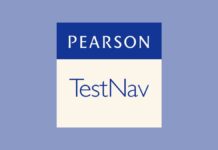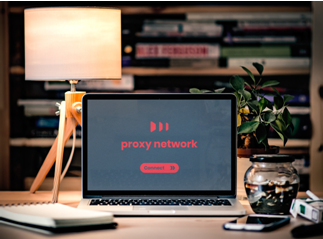“If you are not paying for the product, you are the product.” Have you ever heard of this phrase before? This is usually how internet service providers and tech companies operate in today’s market. Free services like Gmail and Facebook are great, but they are free for a reason.
While you use the services that these companies provide to your advantage, they are collecting data about you and how you use the internet in general. Tracking is more intrusive than ever too, with companies like Facebook incorporating multi-site tracking.
Google, Facebook, and a lot of other companies can create accurate profiles of their users by gathering a large amount of data and generating insights from your online activities. Some advertising networks can even predict which ads to display with immense accuracy.
A great way to avoid this type of tracking is by hiding behind a VPN or using private proxies. Smartproxy talks about private proxies and explains why they are better than VPNs, but first, let’s take a look at VPNs in more detail.
The Truth About VPN Services
VPN services often advertise their service offerings as being completely secure. Log-free VPN services are something commonly included in advertising jargon everywhere, which you’ll see when you are searching for the right one to use. Even free VPN services claim to be no-log VPN services these days.
That brings us back to the phrase we discussed earlier. If it’s free, you are probably the product. The security of no-log VPN services cannot always be independently verified. Many of them still log your activities.
A recent case of 7 free VPN service providers leaking data of their users is a good example. Those VPN services were acting as a honeypot, a way to collect user information by appearing to be legitimate and offering lucrative freebies.
The premium VPNs are not without issues. Premium VPN providers also have varying logging and privacy policies. Some are strict with how they manage traffic, while others hide things like “will share user information with law enforcement” in the fine print.
That last part is important. Yes, law enforcement can legally ask for your data with a court order, but that says something else about the VPN service providers: they HAVE your data, to begin with. It is a red flag when choosing a VPN service to use.
VPN vs. Private Proxies
A VPN is not the only way to remain anonymous and protect your identity online. You can also use proxy servers to mask your real IP address. Proxies have gotten a lot more advanced and very reliable over the years. They are also less limiting than VPN services in several ways.
For starters, a VPN relies on a one-to-one connection between your device and the VPN server. All traffic coming from and to your device must be routed through the VPN server. A private proxy works on application level, so you can have your web browser using one proxy and your messaging app using another.
That level of flexibility allows private proxies to protect you better too. When you have a shopping app and a browser opened at the same time, the two can appear to have different IP addresses by using different private proxy connections. This further limits the ability of websites to do device fingerprinting and get more data about you.
A VPN works better when a one-to-one connection is needed, such as when you need to tunnel to a corporate server. The level of encryption offered by most VPN services prevents packet sniffing; in other words, it stops your data from being hijacked in transit. That encryption also lowers the overall internet speed because some processing is required.
Private proxies, on the other hand, secure data using different methods like HTTPS and SOCKS. You get the added security layers without sacrificing performance. This makes proxies more suitable for applications that require low latency. In some cases, you may even see an increase in access speed because of technologies like caching and fast DNS servers.
There is one additional benefit that you can get by using proxies, and that is the ability to bypass regional restrictions. You can connect to services like Netflix using private proxies in different countries to gain access to region-specific content. If you want to use BBC’s iPlayer or ABC’s streaming service, you can turn to a UK or US proxy service to bypass the restrictions.
So, should you use a VPN or private proxies? In most cases, private proxies are the better solution. They are reliable, fast, and secure, plus they are easier to use on most devices. Some proxies even come with browser or application plugins that you can install in a few seconds. Plus, you don’t have to worry about your online activities being logged, especially with reputable private proxy services.

































 Online casino
Online casino
